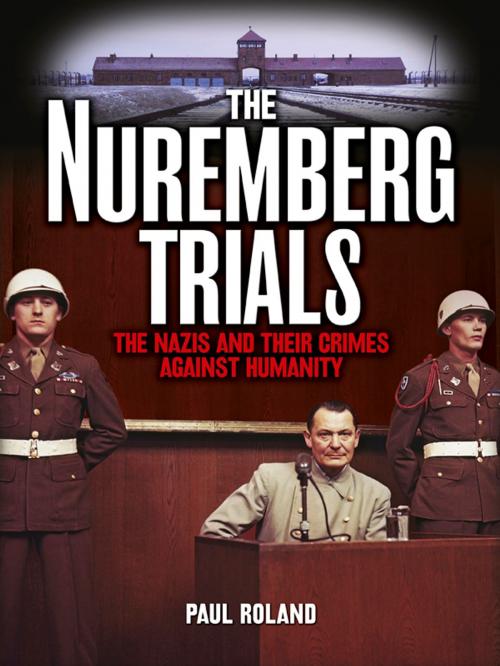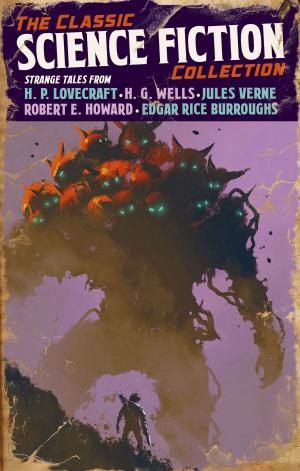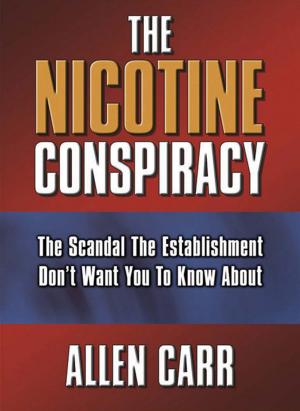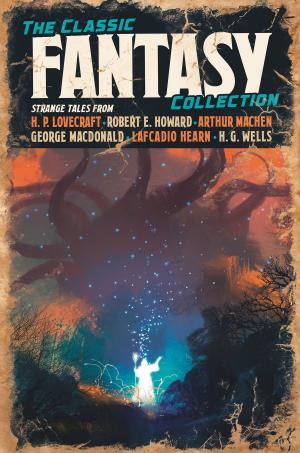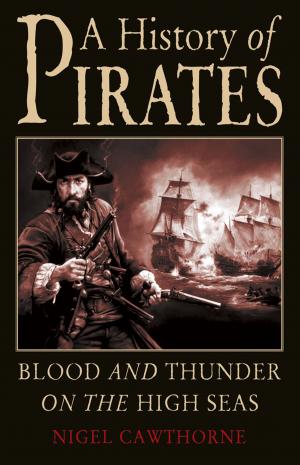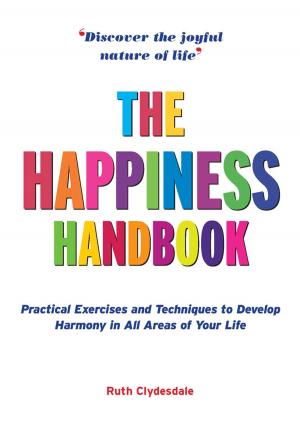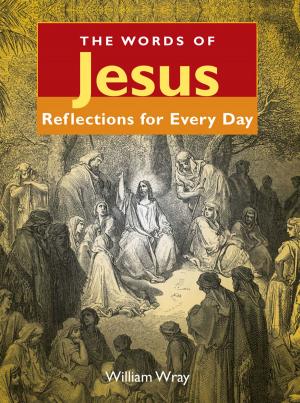The Nuremberg Trials
The Nazis and Their Crimes Against Humanity [Fully Illustrated]
Nonfiction, History, Germany, Jewish, Holocaust| Author: | Paul Roland | ISBN: | 9781848587922 |
| Publisher: | Arcturus Publishing | Publication: | April 1, 2010 |
| Imprint: | Arcturus | Language: | English |
| Author: | Paul Roland |
| ISBN: | 9781848587922 |
| Publisher: | Arcturus Publishing |
| Publication: | April 1, 2010 |
| Imprint: | Arcturus |
| Language: | English |
The Nazis were a vile collection of criminals, thugs, misfits, sadists, and petty bureaucrats bound together only by their philosophy of hate and their love of plunder. The stronger their stranglehold on power, the more monstrous their crimes. But when Hitler's 'thousand-year Reich' collapsed after twelve years of increasing repression, how were those responsible to be punished? Hitler, Himmler and Goebbels took their own lives to evade justice, but that still left the unrepentant Hermann Goering, Albert Speer, Hitler's one-time Deputy Führer Rudolf Hess and many other prominent Nazis to be brought before the Allied courts. This is the story of the Nuremberg Trials - the most important criminal hearings ever held, which established the principle that individuals will always be held responsible for their actions under international law, and which brought closure to World War II, allowing the reconstruction of Europe to begin. 'Roland's compelling account is highly readable and finely, often shockingly, illustrated.' Nicholas Goodrick-Clarke, Professor of History, University of Exeter 'No one can deny Paul Roland is a complete master of his subject.' Colin Wilson, author of A Criminal History of Mankind"
The Nazis were a vile collection of criminals, thugs, misfits, sadists, and petty bureaucrats bound together only by their philosophy of hate and their love of plunder. The stronger their stranglehold on power, the more monstrous their crimes. But when Hitler's 'thousand-year Reich' collapsed after twelve years of increasing repression, how were those responsible to be punished? Hitler, Himmler and Goebbels took their own lives to evade justice, but that still left the unrepentant Hermann Goering, Albert Speer, Hitler's one-time Deputy Führer Rudolf Hess and many other prominent Nazis to be brought before the Allied courts. This is the story of the Nuremberg Trials - the most important criminal hearings ever held, which established the principle that individuals will always be held responsible for their actions under international law, and which brought closure to World War II, allowing the reconstruction of Europe to begin. 'Roland's compelling account is highly readable and finely, often shockingly, illustrated.' Nicholas Goodrick-Clarke, Professor of History, University of Exeter 'No one can deny Paul Roland is a complete master of his subject.' Colin Wilson, author of A Criminal History of Mankind"
